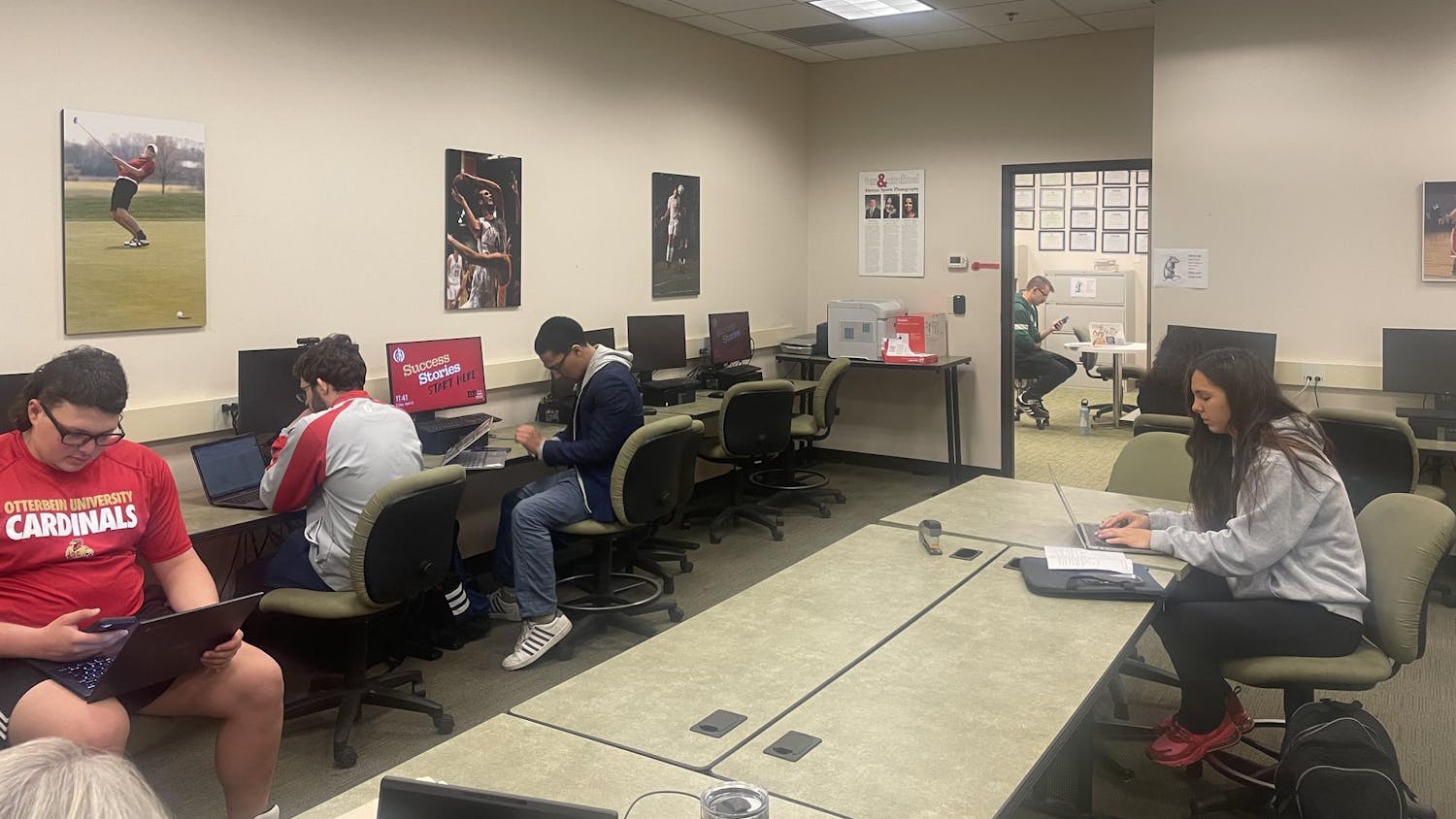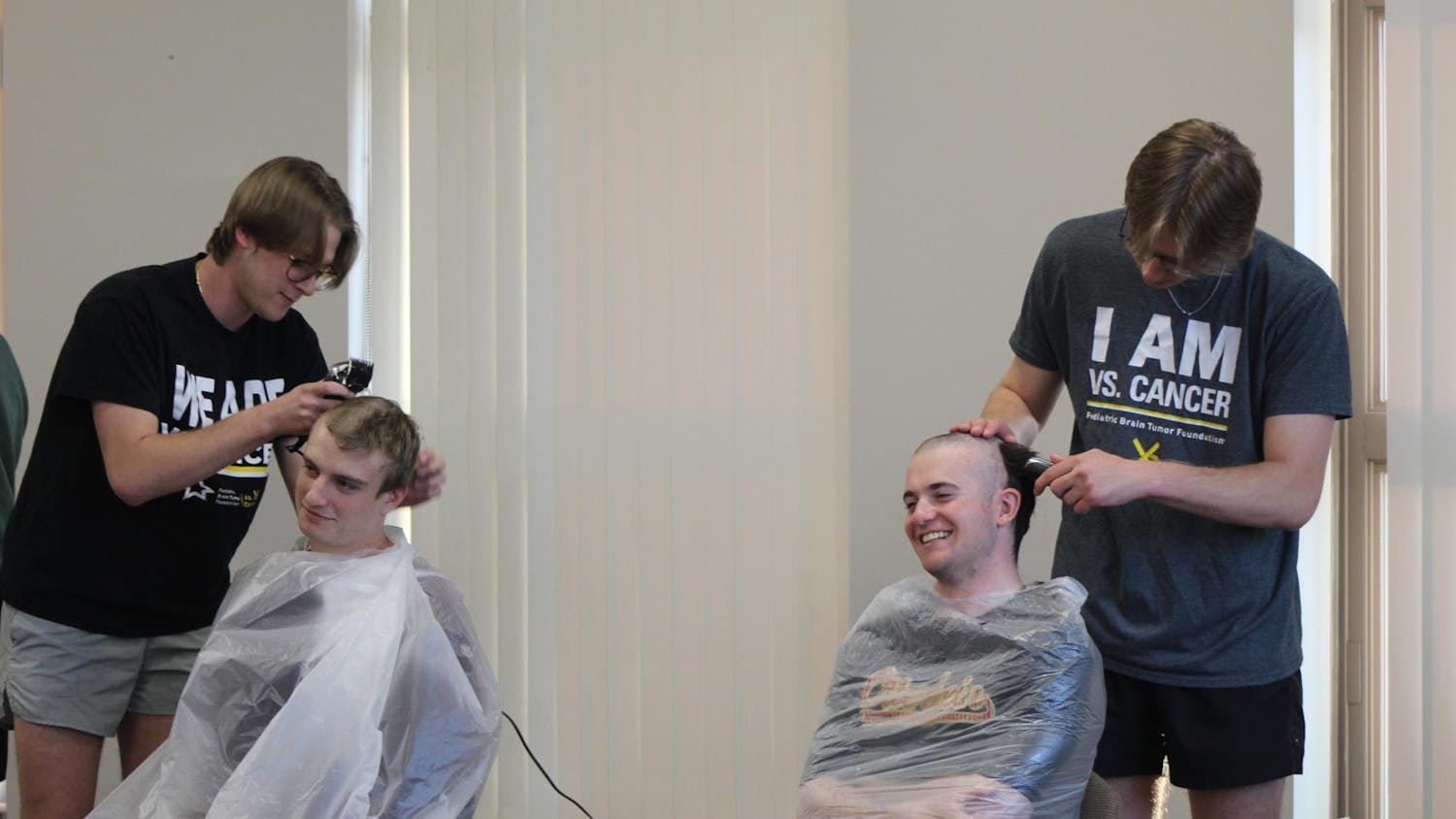Recap
Last week, the T&C took an in-depth look at how campus crimes are handled by Otterbein. We don’t want to go into too much detail now, but here’s the fast version: After a student is caught engaging in illegal activities, the police officer determines whether the student is charged criminally or referred to campus judicial. In the judicial system, a student’s charges are not listed on a public criminal record, and the student is subject to a lower standard of evidence than if he or she were charged through the criminal justice system.
The other part of the equation
This week, the T&C is reporting that not only are campus judicial system records private, but so are certain other records like Otterbein police reports and personnel files. The Otterbein Police Department has said that because it is a part of Otterbein, a private entity, it does not fall under the Ohio public records laws that would normally make such documents accessible to the public.
The Ohio Public Records Act says that if “there is clear and convincing evidence that a private entity is the ‘functional equivalent’ of a public office, that entity will be subject to the Ohio Public Records Act.” That makes us wonder, if the Otterbein Security Department’s training to become a full-fledged police force didn’t make it functionally equivalent to any other police force, such as WPD, then what will?
Conflict of interest?
And we foresee another problem. If the OPD is a private agent of the school, and not its own public entity, then this means that in the campus judicial system, only one office — Student Affairs — both handles all cases and acts as the student’s advocate. Student Affairs is essentially assuming the roles of judge, jury, prosecutor and defense attorney all rolled into one. Even though many other schools in our athletic conference operate this way, this type of system would never exist in the American justice system, and we don’t think it allows students to have a completely fair trial.
Solution
We think students sent through judicial need to be provided with an advocate who does not work for Student Affairs and therefore does not have a vested interest in the office. This would ensure that all conflicts of interest are avoided and that students are receiving fair trials. This would also give students the help they need while navigating the complex campus judicial system.
Otterbein is a tightly-knit community, and frankly, we trust that each and every one of the administrators’ actions is carried out with the greater good of the student in mind. However, no matter how good the intention, it still doesn’t change the fact that when a student decides to pay tuition to a college or university, he or she is subject to a whole different set of rules than those in the real world — rules that are keeping details of even the most mundane campus crimes, let alone any serious crimes that we hope aren’t happening, pretty vague. This fosters an atmosphere of secrecy between the Otterbein police force and the Otterbein community that scares us. How can we have faith in the system if we don’t know what’s going on within?





